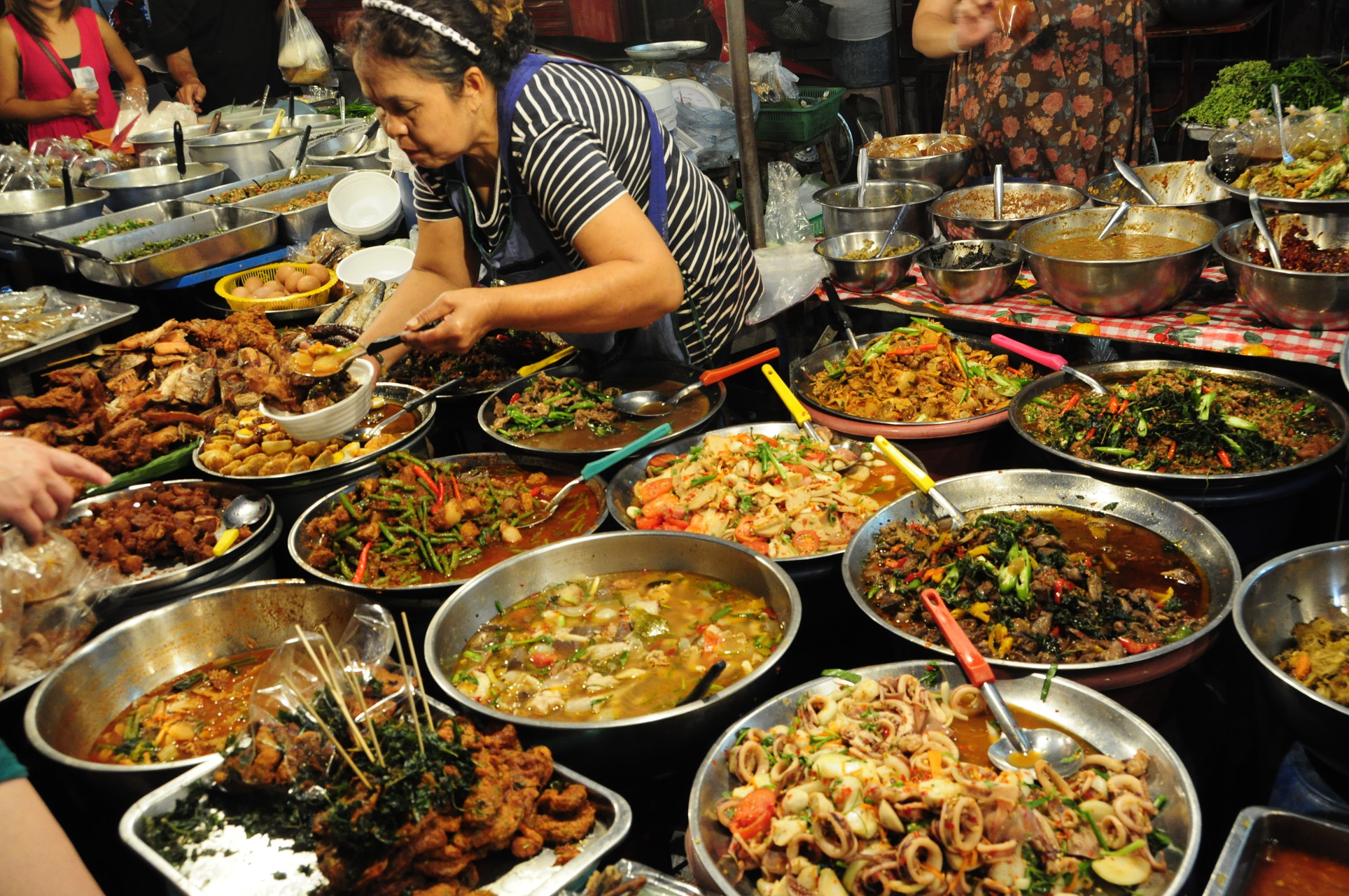Government strengthens food safety laws to safeguard public health

KATHMANDU: The government has enacted amendments to the Food Act, imposing stringent penalties, including up to five years of imprisonment, for the production and sale of non-edible products harmful to human health. These revisions come as a response to instances of lenient penalties leading to the production and sale of food items posing threats to public health.
The amendments, introduced to the Food Act-2023, encompass regulations governing the production, processing, export, import, transportation, sale, distribution, or storage of substandard food items, with fines reaching up to Rs 500,000.
President Ram Chandra Paudel authenticated the ‘Bill to Amend and Consolidate Food Hygiene and Quality Laws – 2081 BS,’ presented by the government, signaling a commitment to safeguarding consumer interests.
Matina Joshi Baidya, Director-General of the Department of Food Technology and Quality Control (DFTQC), emphasized the amended law’s aim to hold accountable those endangering public health. “Producers, transporters, and sellers will face legal consequences for any sale of contaminated or substandard food items,” Baidya stated.
Under the amended law, penalties for the production, processing, export, import, storage, transportation, or sale of substandard food may include fines of up to Rs 300,000 and imprisonment. Additionally, selling food without proper labeling may result in a six-month imprisonment or a fine of up to Rs 50,000, or both.
The government’s proactive measures include efforts to ensure the production and sale of quality products, thereby promoting transparency in the market. The DFTQC has introduced new provisions to enhance food quality standards and regulate market conditions, with a focus on scientific evidence-based determinations.
The amended Act seeks to protect human health and consumer interests by prohibiting the sale and distribution of contaminated food. It criminalizes the manufacture, processing, export, import, storage, transportation, or sale of any contaminated food for human consumption.
Tests conducted by the DFTQC revealed that approximately eight percent of consumer goods, including various food items, were of poor quality. In response, the DFTQC has taken legal action against the production and sale of substandard and contaminated food products, ensuring compliance with food laws and regulations.
The amended legislation strictly prohibits the sale of food items unfit for human consumption, including those contaminated with garbage or stored in toxic conditions. It bans food items containing harmful elements or chemicals exceeding specified maximum limits and prohibits the sale and distribution of radioactive substances exceeding specified limits.
As the government strengthens food safety laws, it aims to create a robust regulatory framework to protect public health and ensure the production and sale of safe and high-quality food products across the country.














Facebook Comment